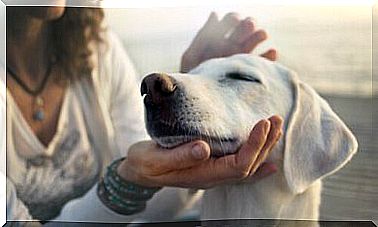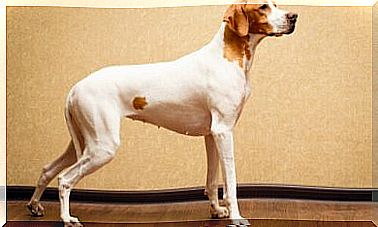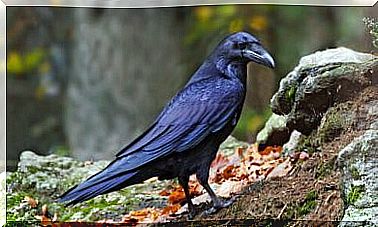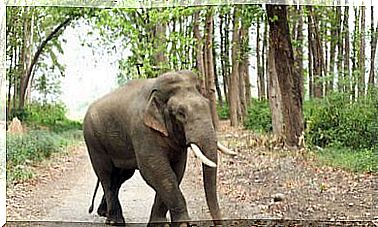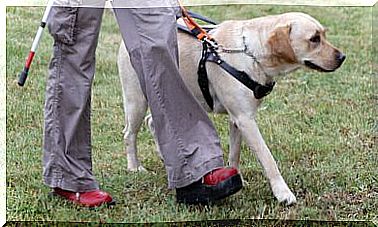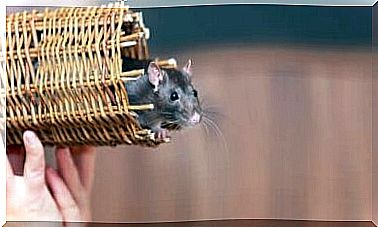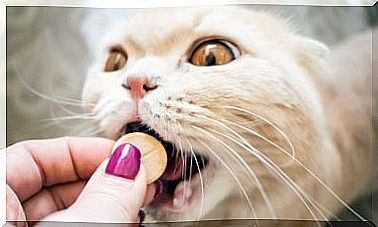5 Useful Questions To Ask An Ethologist
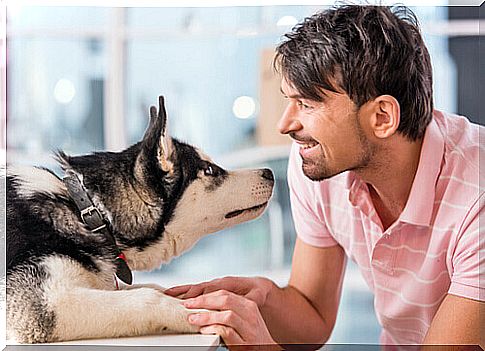
Fortunately, pets are receiving more and more attention from their owners. Their health is taken care of so that they live healthy and worthy. Until a decade ago, the veterinarian was the only professional to turn to. Over time, the surgeon and the animal psychologist joined him. Lately, moreover, there is more and more talk of a new figure, that of the ethologist.
Let’s discover together the professionals of this scientific discipline that studies animal behavior in its natural environment.
Who is the ethologist?
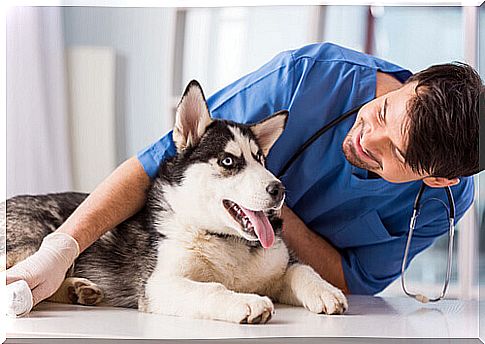
If you own or have adopted a dog, you know perfectly well that the veterinarian is, in principle, your pet’s general practitioner. There are also specialists to turn to according to the type of problem to be solved or pathology the animal suffers from.
The ethologist is the one who studies, examines and diagnoses problems regarding the behavior and habits of animals. True professionals, practically scientists, who have nothing to do with the many imaginative experts that are often found on the web. To be clear, those who have taken a quick course of a few hours.
When asked, ethologists come to your home to analyze the environment in which the animal lives. They check and exploit the data of the individual medical history and speak with the owners. A thorough and safe way to draw the picture of your dog or cat’s behavior.
Once the diagnosis is made, a treatment is prescribed that can include several stages. For example , drug treatment, surgery, or training to change negative behaviors. The latter are not to be confused with training, used only to teach the animal to obey commands. We are talking about a series of often complex techniques for learning certain behaviors, aimed at improving family coexistence or socialization.
What to ask an ethologist
Knowing what your dog wants, when and how remains a mystery to many owners. There can be complicity, but communication with an animal is not always easy, quite the contrary. Knowing what’s going on in your dog’s head and interpreting attitudes will make your relationship even more intimate and direct.
In some cases, the pet exhibits changes in behavior that harm the family unit in various ways. Here then are some typical questions that an ethologist will be able to easily answer.
What not to do with an aggressive dog?
Try to avoid wasting time and money with unlikely experts or improvised gurus. Contact an ethologist right away, who is the only one who can solve your dog’s problems. And not by phone, but by coming to study the environment in which he lives or grew up. If you have an aggressive dog, here are some basic tips that an ethologist can give you:
- Don’t provoke the animal.
- Do not postpone the solution.
- Make a name for yourself by pointing out your role as pack leader.
- Avoid violence (blows or harsh punishments).
- Never reinforce aggression.
- Remember that an aggressive dog is dangerous for anyone.
What to do with an aggressive dog?
To manage this delicate situation, the ethologist will advise you to:
- Keep you safe.
- Avoid aggressive situations.
- Teaching how to earn rewards.
- Create a series of daily activities.
- Positively reinforcing correct behaviors.
What to do if the dog is aggressive with children?
Respect and follow the advice just indicated. There is never a global, one-size-fits-all solution. The ethologist analyzes case by case and will have to see firsthand the occurrence of the behaviors, to understand the situation and resolve it. Based on the relationship and the form of aggression with your children, he will plan different interventions.
Why does the dog stare at me?
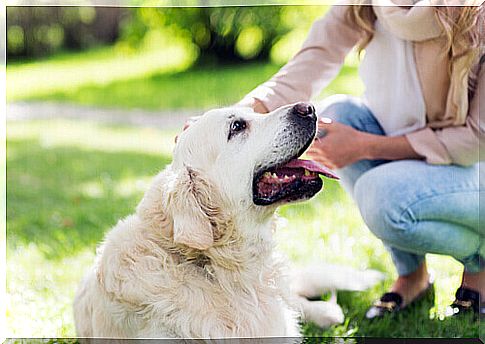
It is likely that you have noticed this strange behavior following a trauma that has affected the family unit. A move, a divorce or the departure of the children. A series of quite abrupt changes that also affect the sensitivity and balance of the animals that are part of that same nucleus.
In this case, your dog feels particularly weak, is unable to assimilate the changes and constantly seeks comfort in the gaze of the owner.
How to handle the dog in the presence of strangers?
This is one of the most frequently asked questions among those who turn to a professional ethologist. Contrary to popular belief, it is one of the simplest cases to solve. For example, distracting the pet’s attention by playing with the dog while guests open the door and enter. We have shown you some of the most common questions to ask an ethologist.
Remember that these are specialists with degrees in Ethology who behave like real doctors. Choosing cheaper solutions represents a risk, as well as a useless and ineffective waste of time and resources.
